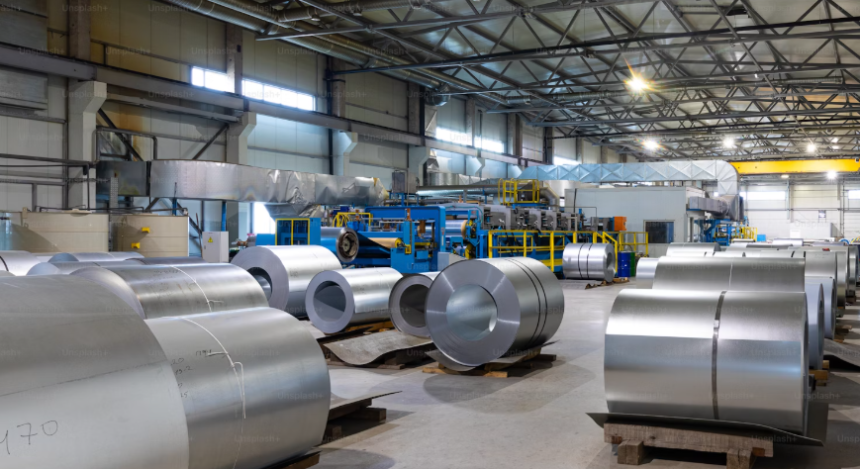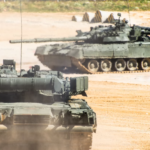These new tariffs of 25% on steel; and 10% on aluminium have already had a direct and real impact on the UK steel industry. The House of Commons Business and Trade Committee spoke to representatives of the UK’s two biggest steelmakers, Tata Steel and British Steel, who detailed the measures in question. From the presentations of stake, it was clear that business-wise the existing relationships with American clients are going downhill fast and there is very real risk of market destabilization due to diversion of steel supplies throughout the world.
Business Operations and Displacement and Contingent
Rajesh Nair Tata Steel UK chief executive Rajesh Nair said the company had gone from the sudden loss of customers. Customers are already reaching out to cancel orders, and in some cases, seeking compensation for orders that might occur,” he said. This statement is a direct indication of the financial blow that US tariffs have put on consumers as contracts are being re-negotiated or simply discarded because they’d have to bear such ‘extortionate’ 25% tariffs. Immediate economic pressure facing UK steel exporters is highlighted by calls for rink up recompense. Supporting such findings, staff at British Steel Chief Commercial Officer, Allan Bell even admitted that immediate delivery of certain products to the United States had been halted as a direct result of the tariffs put in place. The loss of American customers will affect trade figures immediately but the UK steel industry is also braced for a torrent of cheap steel to overspill from countries that look to America for business. The tariffs will probably set off a global reshuffling of steel goods as mills look for new markets to absorb their surpluses. The UK’s domestic steel market is highly-prone to trade diversion, or trade displacement. Nair said she was concerned about the “amount of diversion” already in evidence, which had pushed UK steel prices down. Though the downstream industries initial benefits from sustained price decreases, permanent price reductions diminish the marketability of the domestic steelworks until the foreign providers of predatory prices.
How international markets are changing, Overcapacity in China
The trade picture is made more complicated by persistent troubles in the global steel sector, particularly overcapacity due to a downtick in China’s property sector. That glut has prompted the world’s largest steel makers — in China — to seek alternatives aggressively elsewhere. It raises the risk of an oversupplied UK market and depressed prices due to steel displaced from other markets adding to the existing global overhang.
Andrew McCarthy — The United Kingdom: Divergent Trade Policies and Competing on a Level Playing Field
One of the prominent concerns industry leaders have raised is the apparent divergences in trade policy responses from UK and European Union. While the EU has implemented steps to address the trade diversion impact, the UK government response has been perceived as lackadaisical. Nair indicated steel prices in the EU were over 60 pounds ($74) per tonne greater than in the UK. The price difference is primarily due to EU’s early and good work to protect its territory. Furthermore, the UK steel sector suffers from a perpetual market disadvantage because its energy costs are higher than its competitors inside the EU. Bell said he wanted “to speed up the pace” of government efforts to protect the domestic steel industry.
Vital Crisis Awaiting New Gov — Demand for Government Action
The employers, trade unions and the industry stakeholders, however, are pressing for immediate and strong government action. Alasdair McDiarmid, Assistant General Secretary of Community, a union that represents steelworkers, said: “We need a decisive approach to trade defence and for a UK carbon border adjustment mechanism to be urgently introduced in line with the EU to protect the UK against a flood of dirty steel imports. The carbon tariff proposal is an emergent sensed requirement of balancing commerce against climate.
Restructuring in the UK steel industry points to the necessity of change While Tata Steel wants to transform the site at Port Talbot to electric arc furnaces, which would cost thousands of skilled jobs, and British Steel is due to convert to electric technology at Scunthorpe, these are nonetheless steps in the right direction. But this progress is being threatened by the short- and long-term effects of the US tariffs. The industry argues that UK steelmaking is competing in a global race that is now heating up with rising international trade tensions, and that there’s no time to waste in delaying a government intervention.






